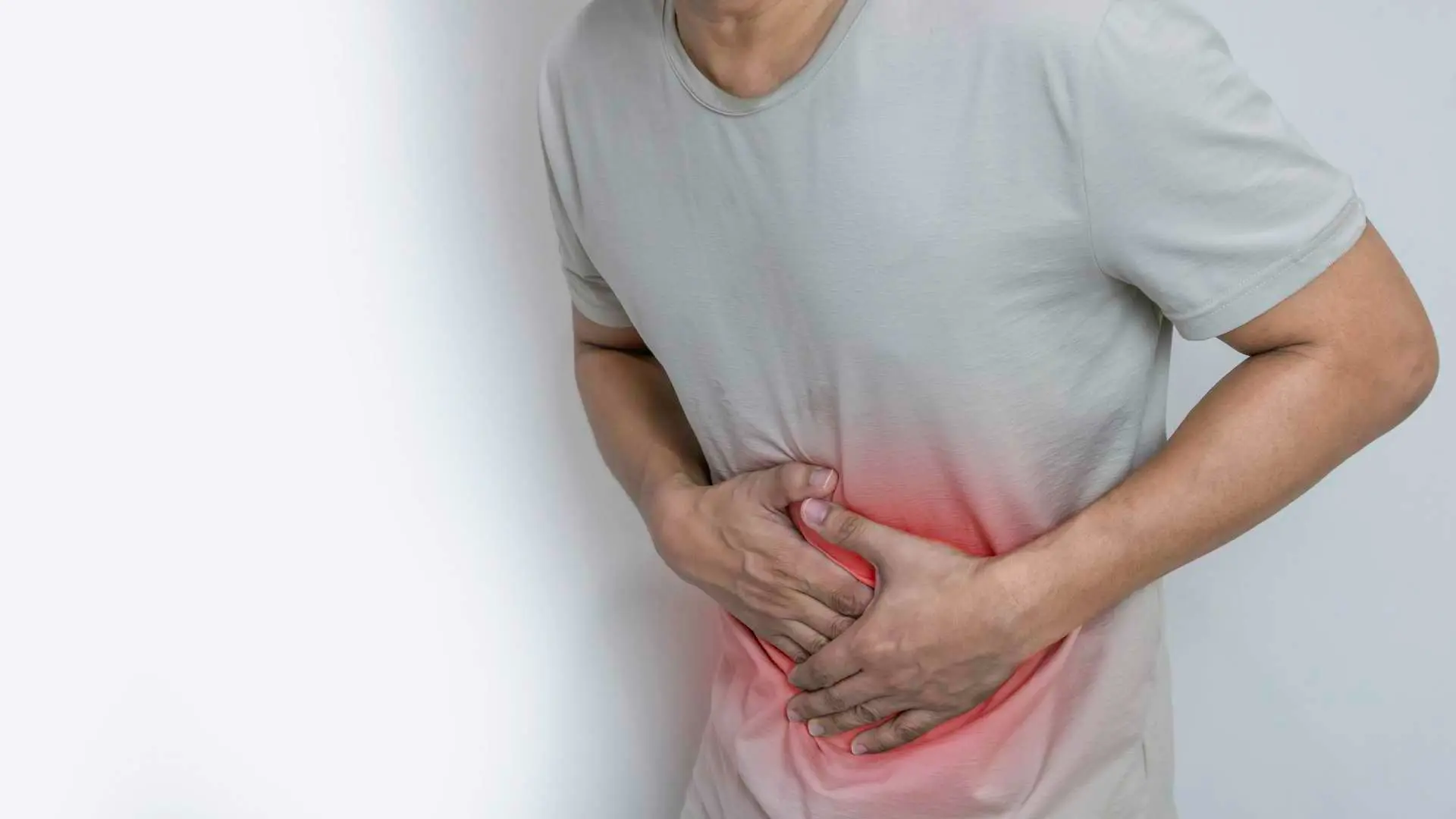
More than 1 in 10 people will suffer from some form of irritable bowel syndrome (IBS) at some point in their life. The main symptoms can include bloating, gas, a sense of urgency, excessive stomach noises and abdominal pain or discomfort. It is often accompanied by either diarrhoea or constipation, or can alternate between the two. Doctors generally state that they do not know the cause and will diagnose IBS when all other conditions have been ruled out. There is also not a lot on offer medically besides antacids, pain killers and laxatives. However, Naturopaths have been successfully treating IBS for many years and have much to offer in terms of addressing the initial cause as well as symptomatic relief.
So what can cause IBS? It is now accepted that 60-80% of IBS is due to “Small Intestinal Bacterial Overgrowth”, also known as SIBO. SIBO occurs when bacteria which should only be present in the lower, large intestine (or bowel), migrate up the digestive tract into the small intestine where they do not belong. Some of the main signs that SIBO is present include:
Bloating and gas shortly after eating, rather than a couple of hours later.
This is because the food encounters intestinal bacteria as soon as it begins to leave the stomach and before it has been completely digested.
Symptoms improve after antibiotics.
This is because antibiotics kill off bacteria, including those in our gut, good and bad. As this lowers the number of microbes in the small intestine, symptoms improve.
SIBO is usually worse for fibre and prebiotic foods.
This is because fibre is food for gut bacteria allowing them to thrive. This activity produces gas and by products not meant for the small intestine.
So what causes bacteria to migrate up into the small intestine? One of the main triggers is a case of food poisoning. This impacts gut immunity (where most of our immune defences are located). It can also slow the efficiency with which our digestive system moves food along in the one direction. This is called the migrating motor complex and can become temporarily impaired during a bout of food poisoning, allowing bacteria to travel backwards up the digestive tract. Other things can also affect this one directional flow of food including surgery, stress, abdominal adhesions, other chronic diseases such as ulcerative colitis, general gastroenteritis and a diet high in poor sources of carbohydrates. Pharmaceuticals can also contribute and it is estimated that 50% of people who commonly use antibiotics, the contraceptive pill and antacid drugs such as Nexium develop some degree of SIBO.
There is an easy way to test if you have SIBO. It is a simple breath test that can be done at home. It measures the levels of hydrogen and methane gas in your breath as these are the by products of the bad bacteria in the small intestine. Your naturopath can arrange this test for you and design a treatment plan to eradicate the bacteria and relieve your IBS symptoms.
As a side note, one of the main things which can have a major impact for around 90% of IBS sufferers, is to avoid FODMAP foods. Exactly what these are and why this helps will be the subject of the next blog!

